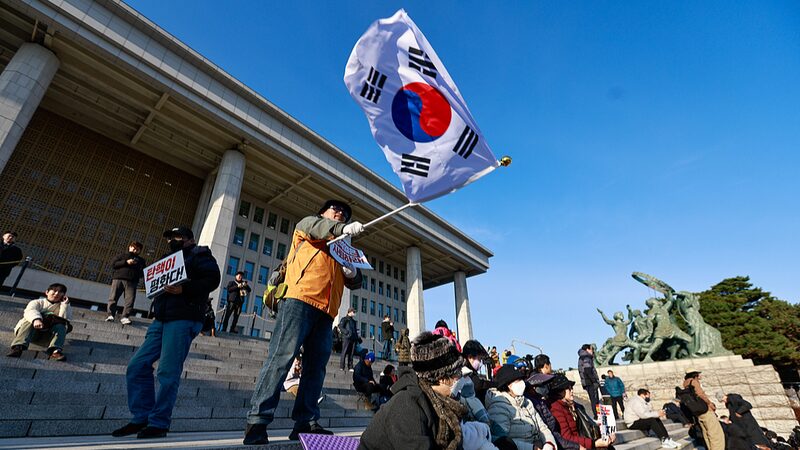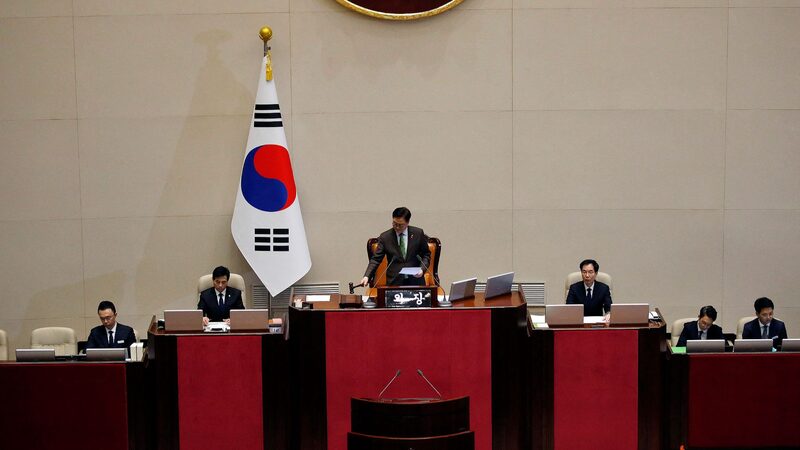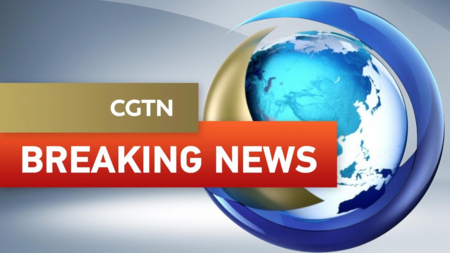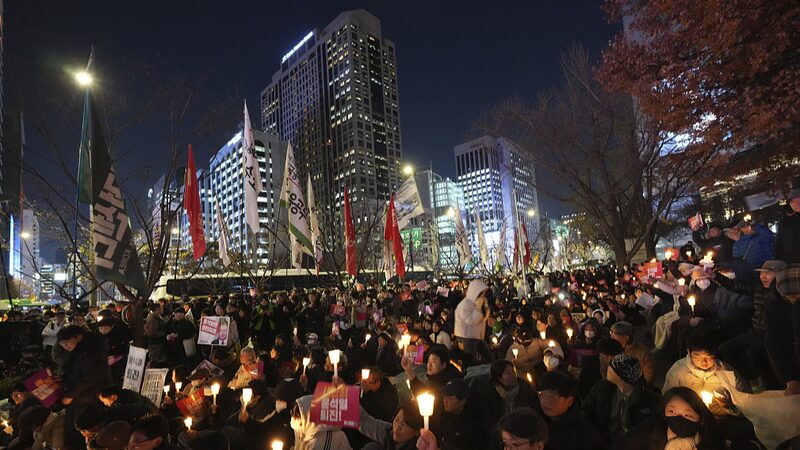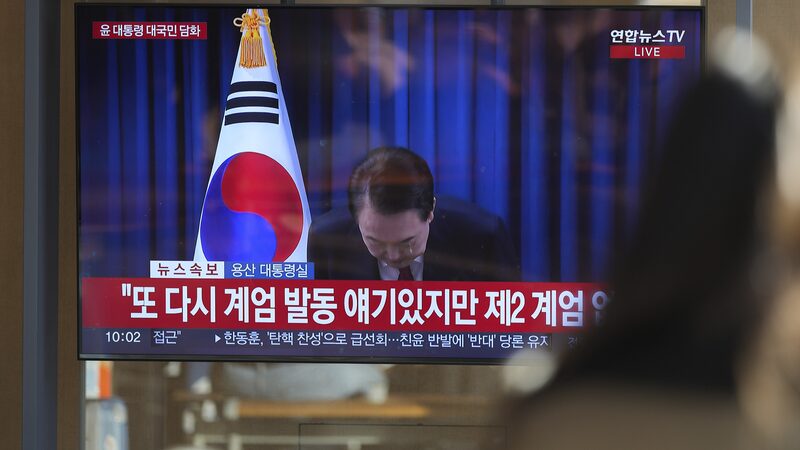The Republic of Korea is in the midst of significant political turmoil as the fallout from President Yoon Suk-yeol’s imposition of martial law continues.
On Saturday, the South Korean parliament is set to convene for a crucial vote on an impeachment motion against President Yoon. This move comes amid widespread public unrest and debates over the legality and necessity of the martial law declaration.
The imposition of martial law has sparked demonstrations across the country, with citizens voicing their concerns over civil liberties and democratic processes. Political analysts suggest that this could be a turning point in South Korea’s modern political history.
Lawmakers from both ruling and opposition parties are engaging in intense discussions ahead of the vote. The outcome could lead to significant changes in the country’s leadership and impact its political stability.
As the situation unfolds, international observers are closely monitoring the developments in Seoul. The political uncertainty not only affects South Korea’s domestic affairs but also has implications for regional dynamics in East Asia.
The upcoming impeachment vote reflects the deep divisions and challenges facing South Korea’s democracy. Citizens, investors, and global partners await the parliament’s decision, hoping for a resolution that will restore stability and uphold democratic principles.
Reference(s):
Live: View of South Korean parliament ahead of key impeachment vote
cgtn.com
